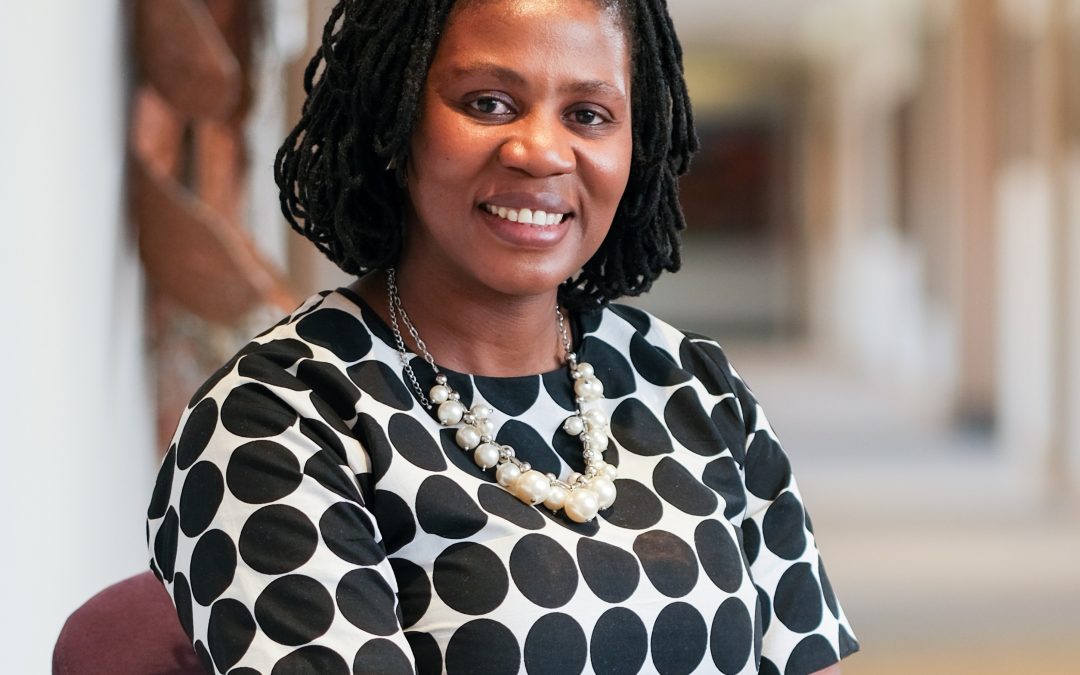Education is a critical pillar to leverage progress & Innovation for South Africa’s future generations and for making a global economic growth contribution. Hence the requirement & urgent attainment of education to stimulate creative problem solving and locally relevant product Innovation for Impact on overall economic activity.
In the same breath a thriving economy enables growth, transformation and access to quality education. Despite the importance of education, it is discouraging to note that according to 2018 statistics, only 7% of the adult population in South Africa has a tertiary qualification. There are higher numbers for non-tertiary qualifications which is somewhat promising but does not aid the requirement of critical scarce skills in our country.
“The past two years have seen learners overcome immense obstacles,” says Nompumelelo Mokou, Managing Director of Southern Africa Dimension Data. “These obstacles have impacted on their access to education, social connections and experiences. Yet the 2021 class of the Dimension Data Saturday School has overcome each and every one of them. They’ve gained new skills, achieved exceptional results, and graduated in spite of the challenges they’ve faced. It’s a testament to the resilience of South African people and our learners.”
The DBE and DHET have identified that technology hubs, exploration centres, smart campus platforms, research projects, Fourth Industrial Revolution (4IR) projects and future of work dialogues are essential to supporting learners and education. This means that there must be a focus on investing into future-ready graduates who can make a positive social impact; on research and engagement that fosters growth and development; on service and operational excellence through resource optimisation; and on digitally advancing South Africa’s learning and educational entities.
“The DHET and South African educational entities are committed to putting the country and its learners at the forefront of the global economy and to collaborate with companies across multiple sectors by creating a community of advocates and partners at the highest level,” says Panyaza Lesufi, Gauteng MEC of Education at the Department of Education (DoE). “If we cannot get education right, we can’t get our country right or the skills sorely needed today. And we need these skills to create a performing economy that will help us overcome significant challenges in our country.”
The Dimension Data Saturday School has been running for the past 27 years, providing learners with the support they need to expand their skills and knowledge in science, technology, engineering and mathematics (STEM). This programme, among many others, has played a pivotal role in supporting increased business productivity and employee retention by ensuring that learners get the skills they need to truly thrive in the world of work. This aligns with the goals of both the Department of Basic Education (DBE) and the Department of Higher Education and Training (DHET) – to focus on providing the skills and resources needed to create future-ready graduates who make a positive social impact.
At a recent graduation ceremony of the Dimension Data Saturday School class of 2021, the MEC thanked the learners and tutors for the continued investment into this future. He also pointed out that it is critical for young people to get the support they need to realise their potential and the opportunity that lies in technology and innovation.
“The fact that every one of these students has graduated, even through these tough times, demonstrates their strength of character and the importance of programmes like this,” adds Lesufi.
“New skills and solutions are needed for businesses and individuals to thrive in the rapidly changing world of work,” says Mokou. “Exponential technologies such as artificial intelligence (AI), virtual reality (VR), machine learning (ML), blockchain, the Internet of Things (IoT), 5G and robotics are redefining the foundations of business and education. It’s critical that we provide South African learners with the tools they need to take hold of these technologies and innovate, invent and create.”
The true value of this type of programme is its ability to facilitate access to education and build skills for the future in a safe environment for students to learn and contribute to the progress of their communities. The students themselves are the light that shines on a far brighter future for the country, and it takes their dedication, commitment and focus to get them across the finish line. Young people want to learn, they want to take hold of the potential of technology by innovating and transforming society. Educational programmes that enable accessible and Inclusive connections to ensure everyone benefits from a digital economy are not just important, they’re essential.
“Education enables our creativity and helps us to have a continuous throughput of critical skills,” concludes Mokou. “We need to enable our children to learn by going beyond just the education and into providing them with the Wi-Fi, technology and support they actually need to achieve each key education milestone. Every learner that has graduated this year has overcome uncertainty, a pandemic and upheaval and each one is an exceptional example of how determination can overcome adversity.”
The Dimension Data Saturday School has achieved more than 90% pass rates and an average of 85% distinctions across various subjects over the past 27 years. Graduates have gone on to become actuaries, accountants, doctors and engineers, some having joined the company through the graduate programme. Find out more about how education and technology can shape the future with collaboration between the community, the company and the public sector here.


